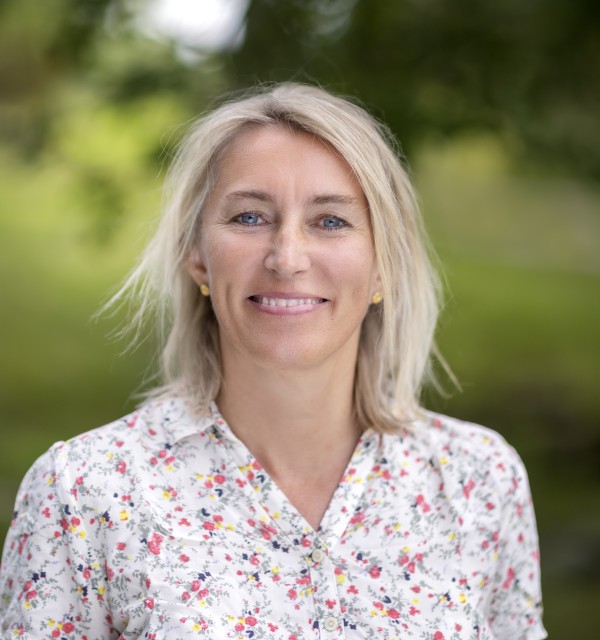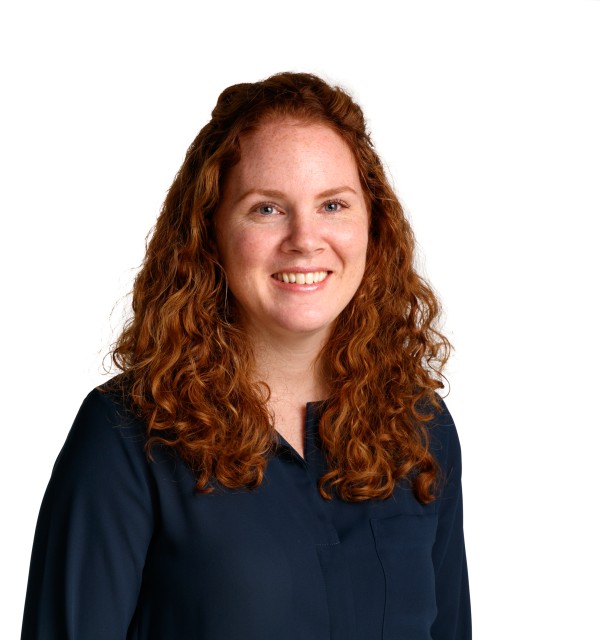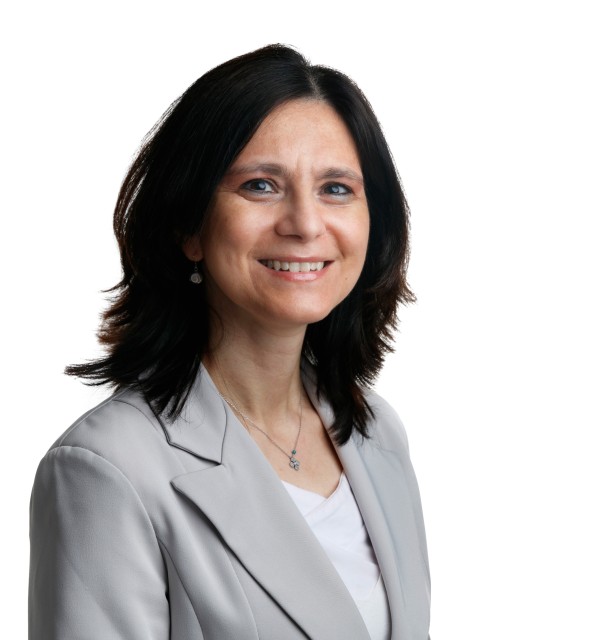What role do parents have in the prevention of cyberbullying? The international research project PARTICIPATE will seek answers to this.

Cyberbullying is a major issue all over the world. Both children and young people who are subject to cyberbullying – and children who expose others to this – may experience social, health and behavioural challenges during and after the bullying.
Little researched
In the PARTICIPATE research project, the international research team will investigate the role of parents in preventing cyberbullying.
"We will be researching the role of parents in the work to prevent cyberbullying – an area that has been little researched until now. It’s important to get answers to the important question that is being asked – can parents play a more important role than previously assumed when it comes to preventing cyberbullying? We hope that this research project, which will also have a special focus on diversity, such as different ethnicities or gender orientation, will provide the answer,” says Hildegunn Fandrem, who is the research project manager for the Norwegian part of the project.
Read more here: Here is the main website of the PARTICIPATE international project
– Need committed PhD candidates
PARTCIPATE will run for four years, with a total of ten PhD candidates employed in the six countries participating in the project: Norway, Denmark, Ireland, Finland, Greece and the Netherlands. Three of these PhD candidates will be employed at the Norwegian Centre for Learning Environment and Behavioural Research in Education, University of Stavanger.
See the call for proposals here
In addition, the fourth position, which will be based in the Netherlands, will be affiliated with the Norwegian Centre for Learning Environment and Behavioural Research in Education, UiS and receive secondary supervision from here through admission to the doctoral programme in Educational Sciences and Humanities at UiS.
“We’re now looking for dedicated foreign PhD candidates who are interested in our research topic. The aim of the project is to train a new generation of innovative researchers in an interdisciplinary research field, so that they can contribute to the development of policy and practice in the prevention of and intervention against cyberbullying, with a focus on the role of parents,” says Hildegunn Fandrem.
Spreading the word
Since the project is within the framework of the Marie Skłodowska-Curie Actions under the Horizon Europe programme as a doctoral network, the PhD candidates employed may not have lived in the country where they are to stay while taking the doctoral degree for more than 12 months in the last three years.
This means that the Norwegian research group has now reached out to abroad to recruit for the three positions. They do this primarily by using their international research networks.
“We particularly encourage international colleagues to use their networks to spread information about these exciting positions. Conversely, we spread the word to Master’s degree students at UiS and others who may be relevant for the remaining PhD positions in the other countries in the project,” says Hildegunn Fandrem. The application deadline is March 15. she adds.
World-class doctoral programme
The project will consist of a world-class, multi-sectoral, interdisciplinary doctoral programme. The programme includes network building and the exchange of information, expertise and skills concerning cyberbullying across Europe.
The three positions at the University of Stavanger will investigate the following topics:
- Cyberbullying involving students with an ethnic minority background and the role parents play in prevention and intervention.
- Developing knowledge about the consequences of cyberbullying and schools’ measures/actions, including cooperation with parents
- Comparisons of cross-national major questionnaire surveys on cyberbullying involving students and parents
The University of Stavanger's partners in the project are Dublin City University (Ireland), Aarhus University (Denmark), University of Turku (Finland), National and Kapodistrian University of Athens (Greece) and Stichting International Parents Alliance (the Netherlands).
Text: Maria Gilje Strand
Photo: Getty Images
More information about the project:
2022-2026
- The project has been granted EUR 2.8 million by the EU. It is conducted within the framework of the Marie Skłodowska-Curie Actions under the Horizon Europe programme as a doctoral network
We particularly encourage international colleagues to use their networks to spread information about these exciting positions.
Contacts at UiS:
Norwegian Centre for Learning Environment and Behavioral Research in Education
Norwegian Centre for Learning Environment and Behavioral Research in Education
Norwegian Centre for Learning Environment and Behavioral Research in Education



